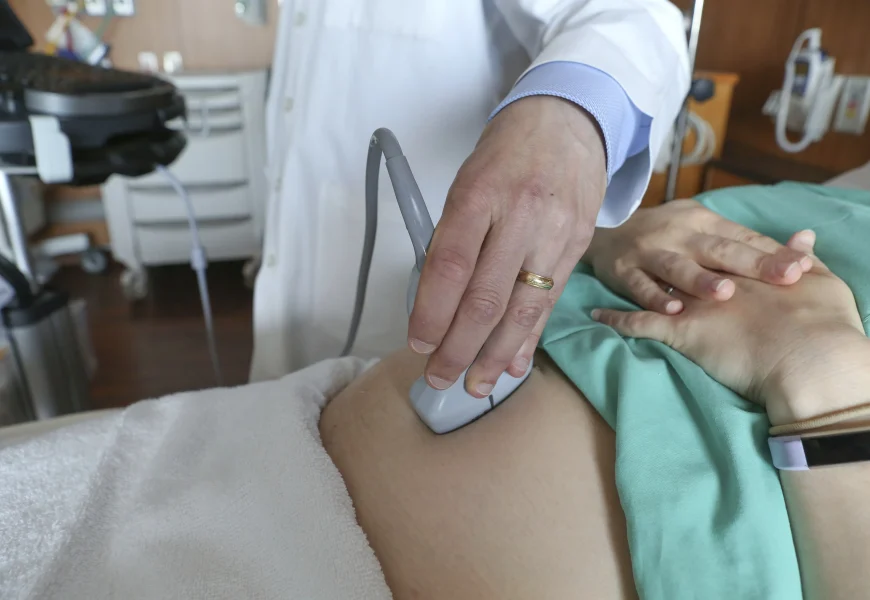Innovations on the horizon in women’s health show what’s possible with more investment. With the help of ultrasound equipment powered by artificial intelligence, frontline health care workers may be able to track the progress of developing embryos with a minimum of training. And birth control injections that last six months could give women more control over reproduction.
A $2.5 billion pledge makes women’s health a priority in Gates Foundation spend-down
Innovations on the horizon in women’s health show what’s possible with more investment. With the help of ultrasound equipment powered by artificial intelligence, frontline health care workers may be able to track the progress of developing embryos with a minimum of training. And birth control injections that last six months could give women more control over reproduction.
Those are just two potential breakthroughs out of more than 40 the Gates Foundation intends to support through a five-year, $2.5 billion commitment on women’s health research and development, more than triple the amount it has spent on women’s health innovation over the past five years.
“Many of the most pressing conditions impacting women still remain understudied, underdiagnosed, and overlooked,” said Ru-fong Joanne Cheng, director of Women’s Health Innovations at Gates.
A very small share of medical research funding supports the study of health specific to women, including gynecological and menstrual health, obstetric care, contraceptive innovation, sexually transmitted infections, and maternal health and nutrition, the foundation said. It cited a 2021 McKinsey and Company study that found 1% of all medical research, setting aside cancer research, goes toward women’s health.


